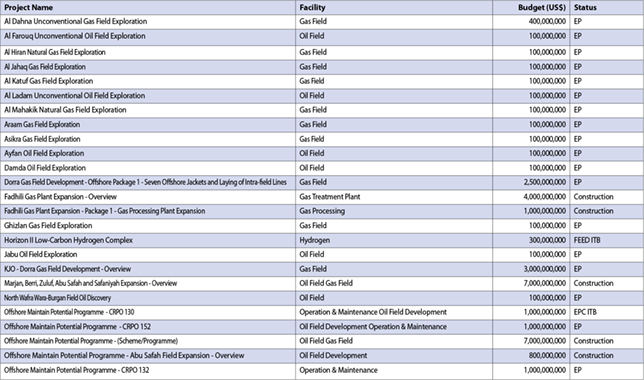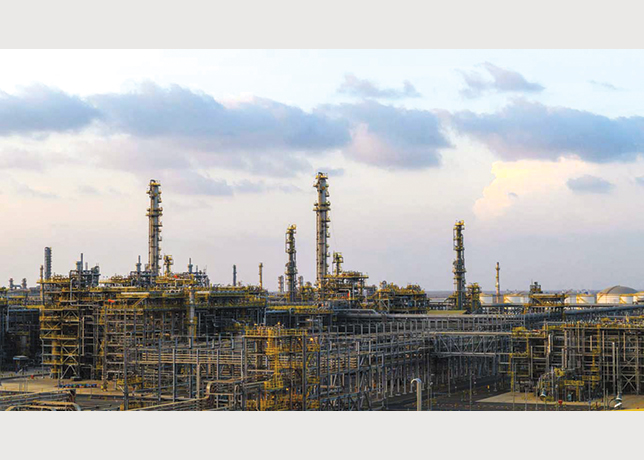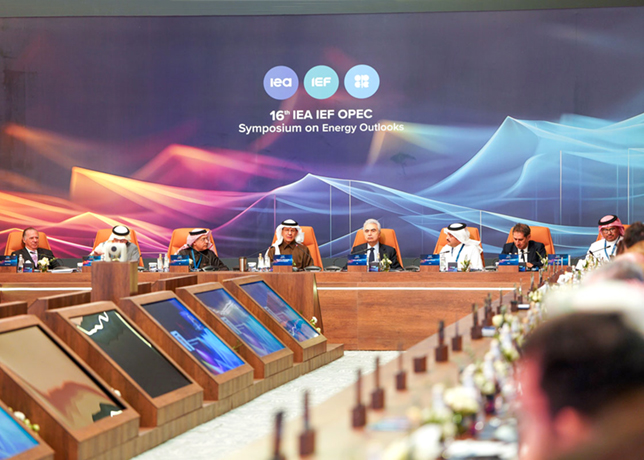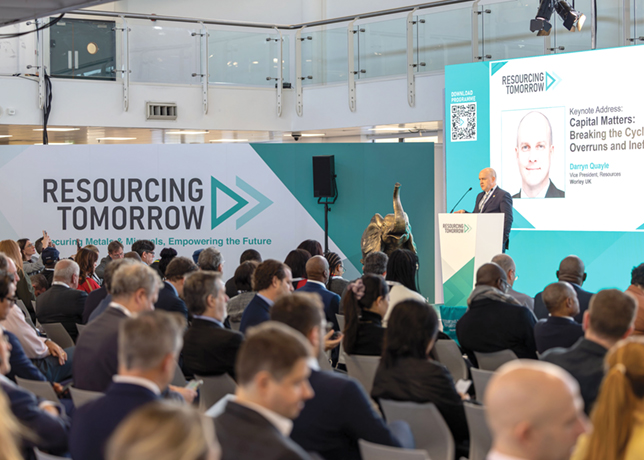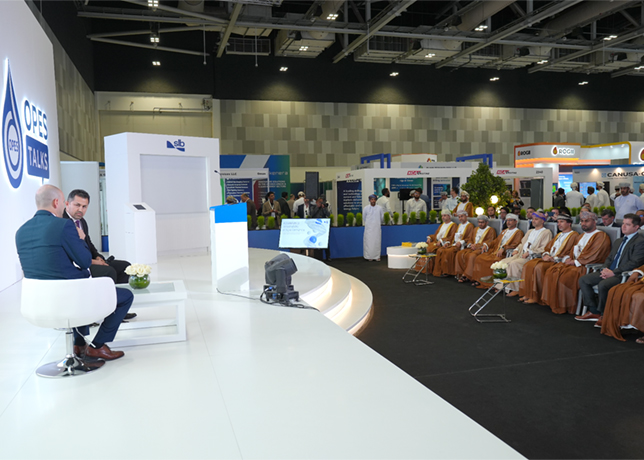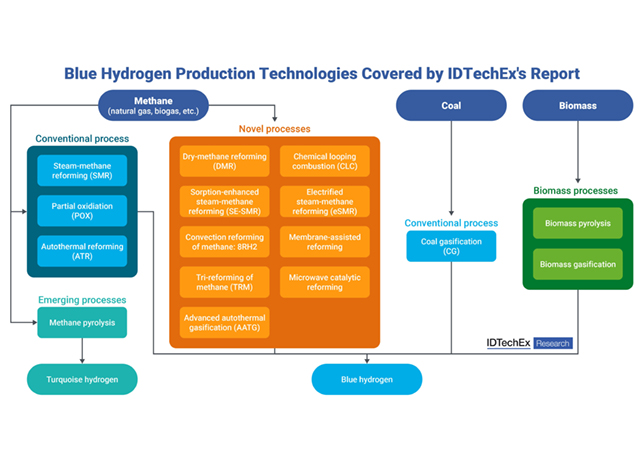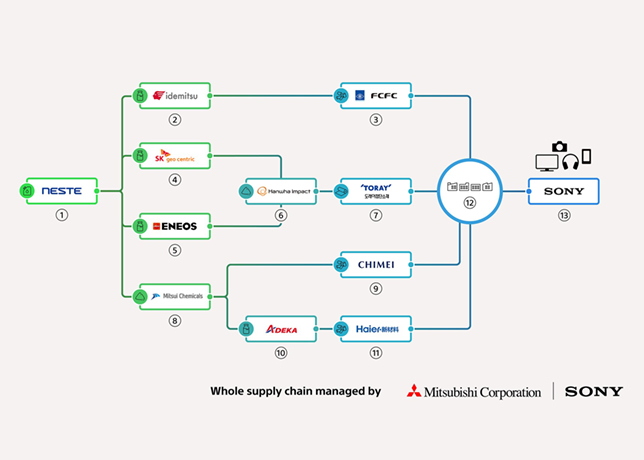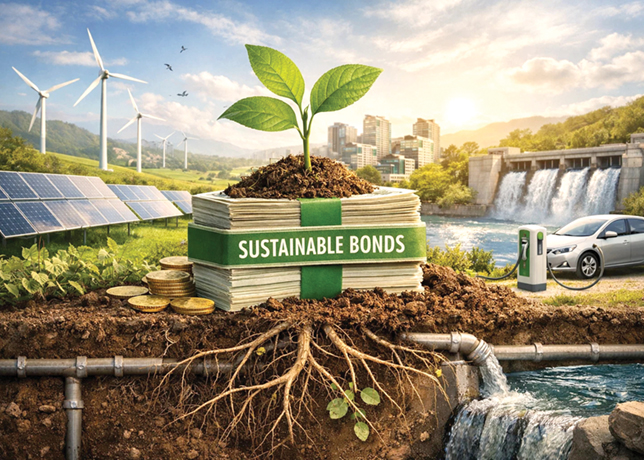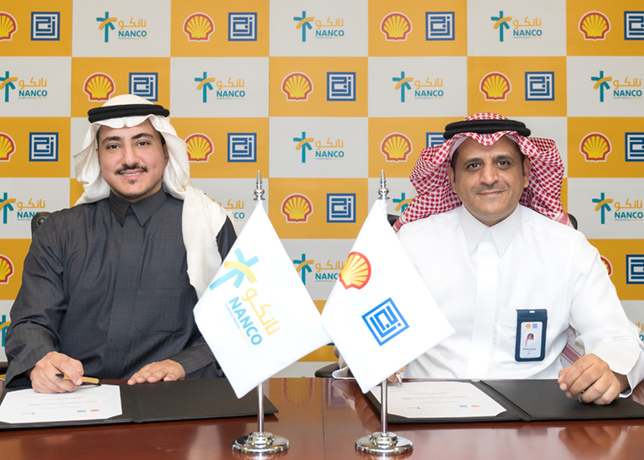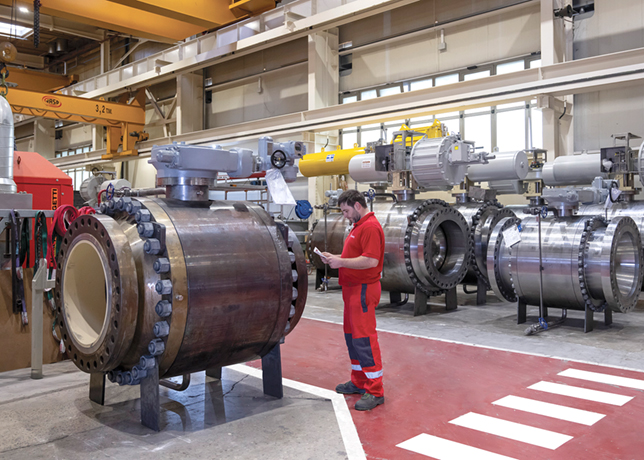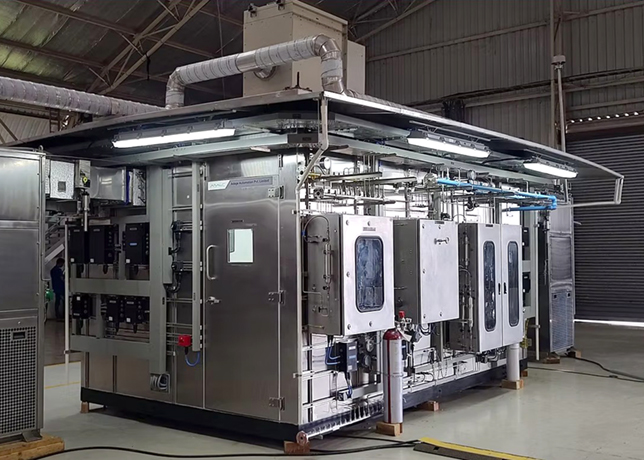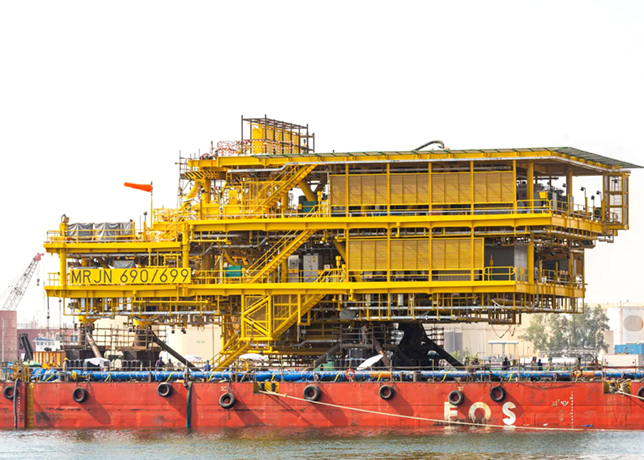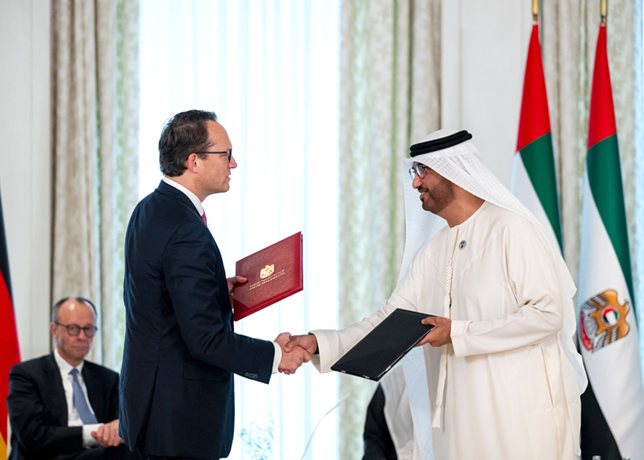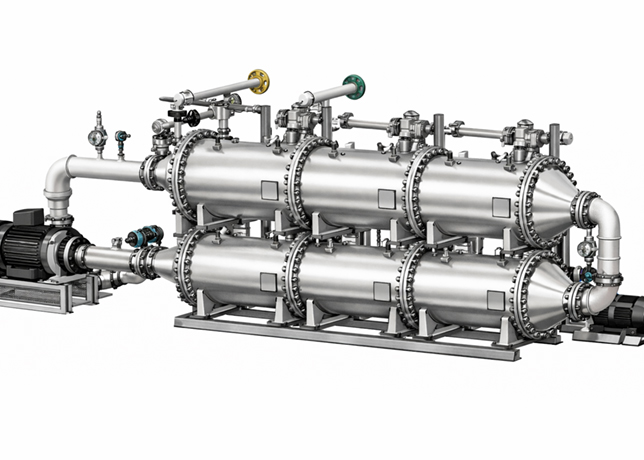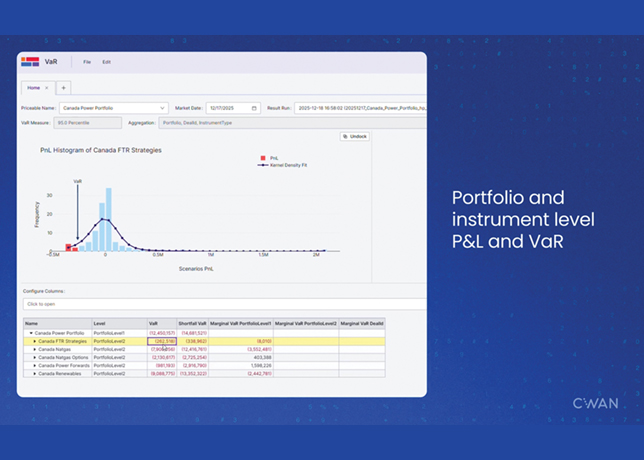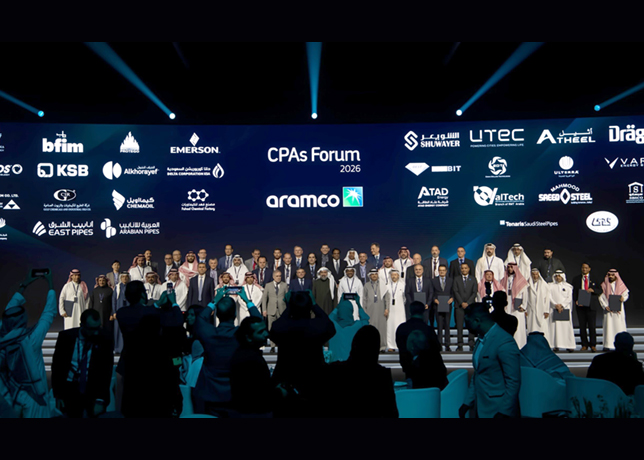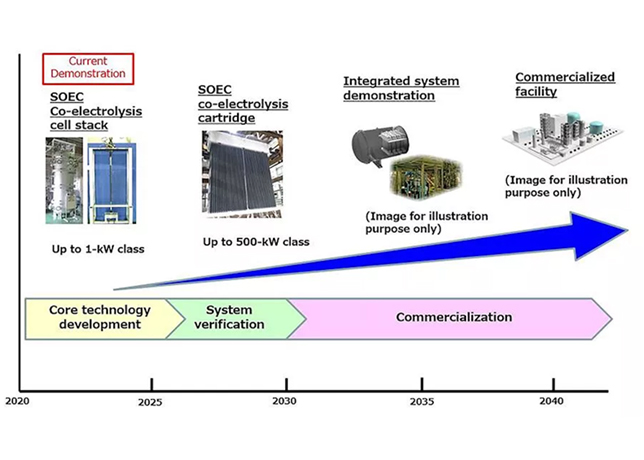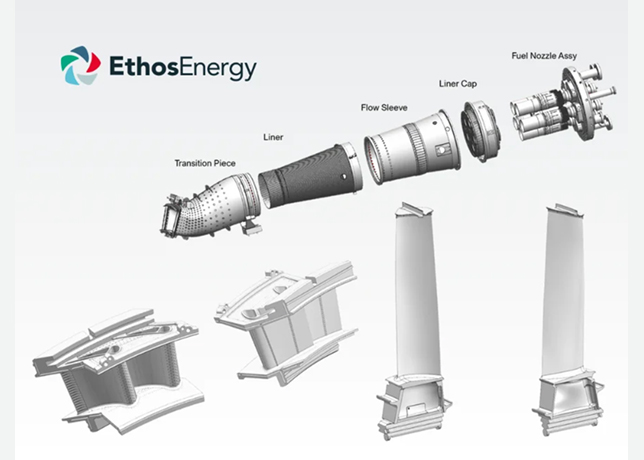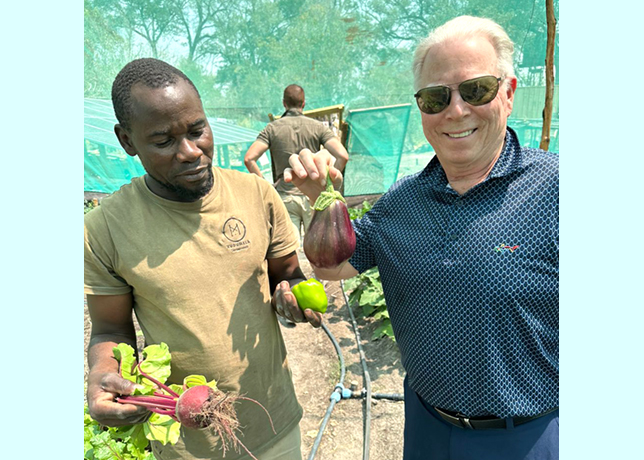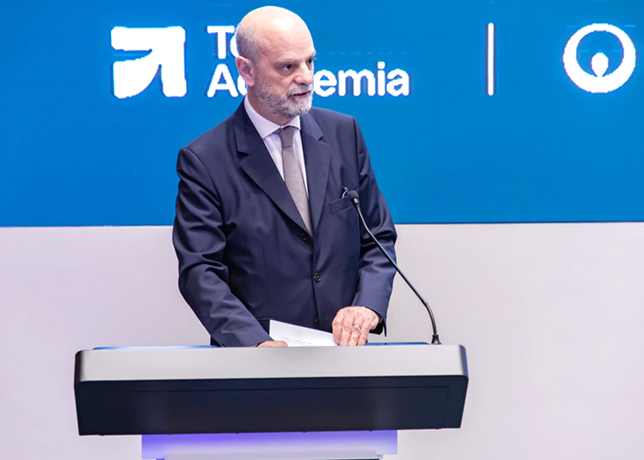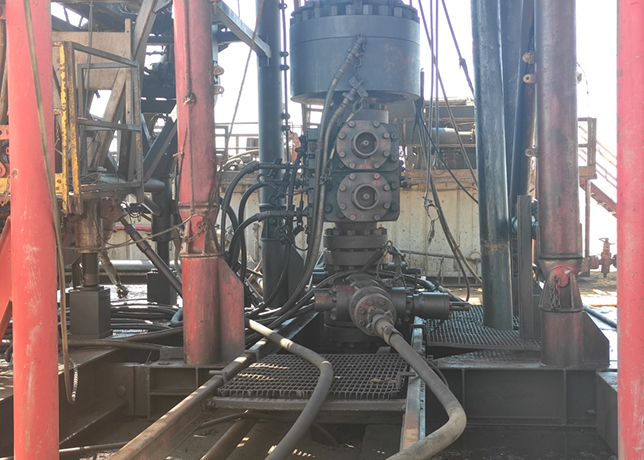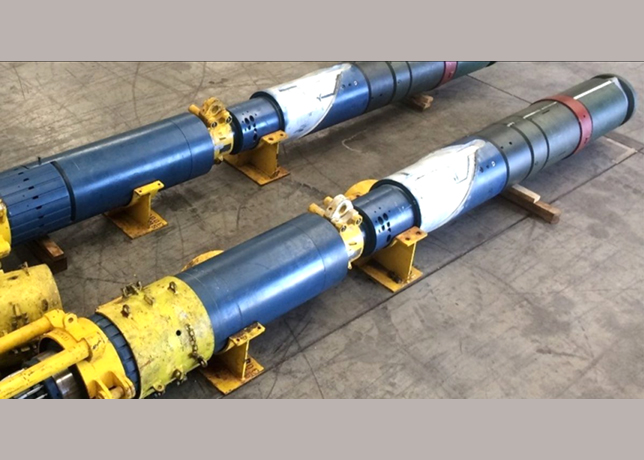
 Methane emissions threaten Africa’s climate environment
Methane emissions threaten Africa’s climate environment
A study by AfriCatalyst on the role of multilateral development banks (MDBs) in supporting methane reduction initiatives in Africa reveals that MDBs would need to allocate just 2.4 per cent of their assets to meet the $48 billion annual funding requirement for reducing methane emissions by 2030.
Methane emissions pose a significant, but underfunded, threat to Africa's climate resilience, with the continent receiving only about 1 per cent of global climate finance in 2021-2022 roughly $13.7 billion.
Targeted financing for methane abatement could yield significant benefits for the continent, addressing both environmental and health impacts.
For example, achieving a 50 per cent reduction in methane emissions by 2030 in the 19 countries responsible for 80 per cent of Africa’s methane emissions would require $10 billion, but would result in an estimated $4,300 per ton of methane avoided in economic and social benefits.
Methane emissions in Africa largely come from agriculture (50.6 per cent), energy (34.2 per cent), and waste (15.2 per cent), with the greatest concentration found in just 19 countries.
As methane has a global warming potential 80 times greater than carbon dioxide, it is a major contributor to climate change, driving extreme weather events, poor air quality, and health issues such as respiratory diseases.
The report highlights policy frameworks and financing measures that MDBs can adopt to support methane reduction projects in Africa and bridge the funding gap and align with the Paris Agreement targets. These include tariff regulation for methane emissions in the energy sector, operationalising local carbon markets, mobilising additional financing through MDB Capital Adequacy Framework (CAF) reforms, and allocating local currency finance for methane projects.
Modernising financial governance is crucial to enhancing MDBs’ commitment to climate goals, especially in developing countries where climate financing capacity is often limited. The report also summarises how new and existing reforms and initiatives can help MDBs take a more prominent role in supporting African countries' methane reduction efforts as the 2030 deadline approaches and urgent action is needed.



